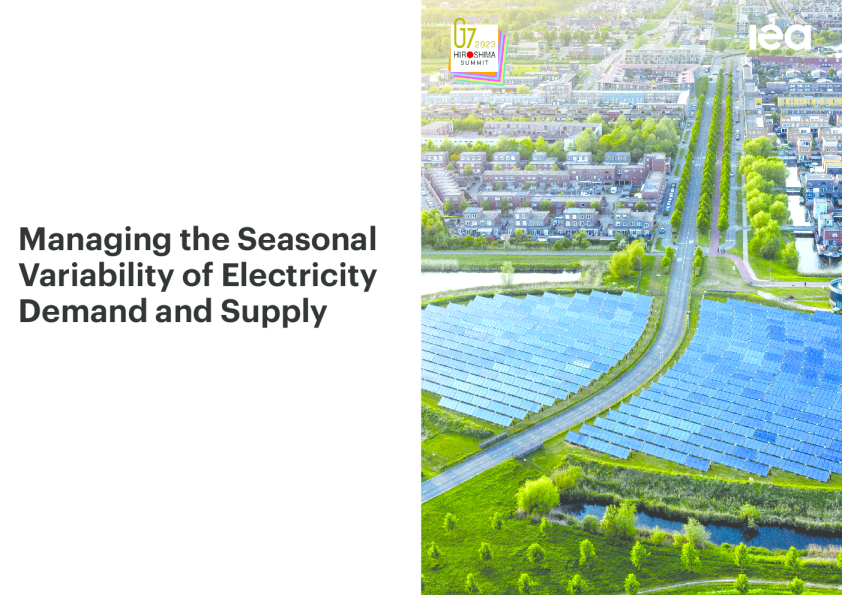Secure and Efficient Electricity Supply
 AI智能总结
AI智能总结Secure and Efficient Electricity Supply During the Transition to Low-Carbon Power Systems
Overview
The International Energy Agency (IEA) is an autonomous organization established in 1974 to promote energy security and sustainable energy policies among its 28 member countries. Its primary objectives include ensuring reliable, affordable, and clean energy access, promoting environmental protection, and enhancing market transparency.
Challenges in the Electricity Sector
The electricity sector is undergoing a profound transformation driven by the need to decarbonize while maintaining reliable and efficient power supply. This transition is challenging due to:
-
Decarbonization Efforts: Traditional power generation methods like coal, natural gas, and nuclear power are being phased out due to their high carbon content and environmental impact. However, progress on carbon capture and storage (CCS) has been slow, and nuclear development faces significant barriers.
-
Rapid Deployment of Renewable Energy: Wind and solar power are experiencing rapid growth, contributing significantly to energy sustainability. However, these technologies pose new operational and security challenges:
- Variable Generation: Wind and solar power are highly dependent on weather conditions, leading to unpredictable production levels.
- Energy Storage: Storing electricity generated by wind and solar is technically difficult and costly.
- Market Impact: Favorable weather conditions can drive market prices down, affecting the economics of other generation capacities.
Infrastructure and Policy Concerns
The integration of renewable energy requires a robust and flexible electricity network. Current infrastructure, which is segmented by physical bottlenecks and regulatory barriers, may not be sufficient. Key challenges include:
- Public Resistance: Persistent opposition to new infrastructure projects ("NIMBYism") and institutional barriers to network development.
- Regulatory Frameworks: Regulatory frameworks need to adapt to accommodate the integration of renewable energy and market liberalization.
- Market Design: The strong growth of renewable energy has had unintended consequences, such as low carbon prices and strained business models for flexible gas plants.
Policy Recommendations
To address these challenges, governments need to work together to:
- Enhance Market Flexibility: Increase the flexibility and integration of electricity markets across borders.
- Adapt Regulatory Frameworks: Align regulatory frameworks to ensure reliable and efficient electricity supply during the transition to a low-carbon system.
- Promote Knowledge Sharing: Leverage best practices and lessons learned from successful implementations in other countries.
Conclusion
Electricity security is crucial for modern economies. The transition to a low-carbon power system presents significant challenges but also opportunities for innovation and collaboration. The IEA continues to work with member and non-member countries to develop the right policies and regulations to ensure a secure and affordable electricity supply during this transformation.
This summary highlights the key challenges and recommendations for ensuring secure and efficient electricity supply during the transition to a low-carbon power system.





